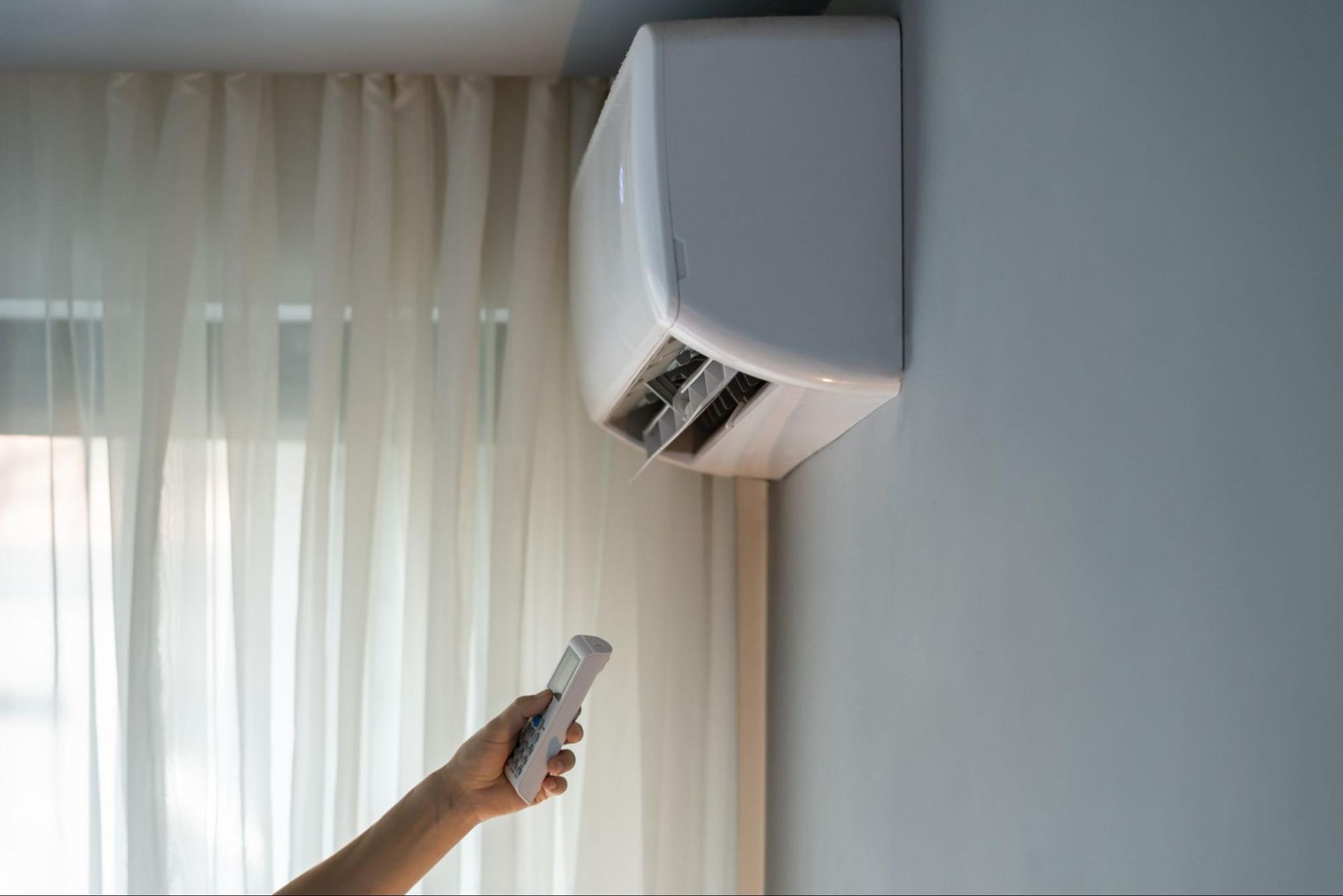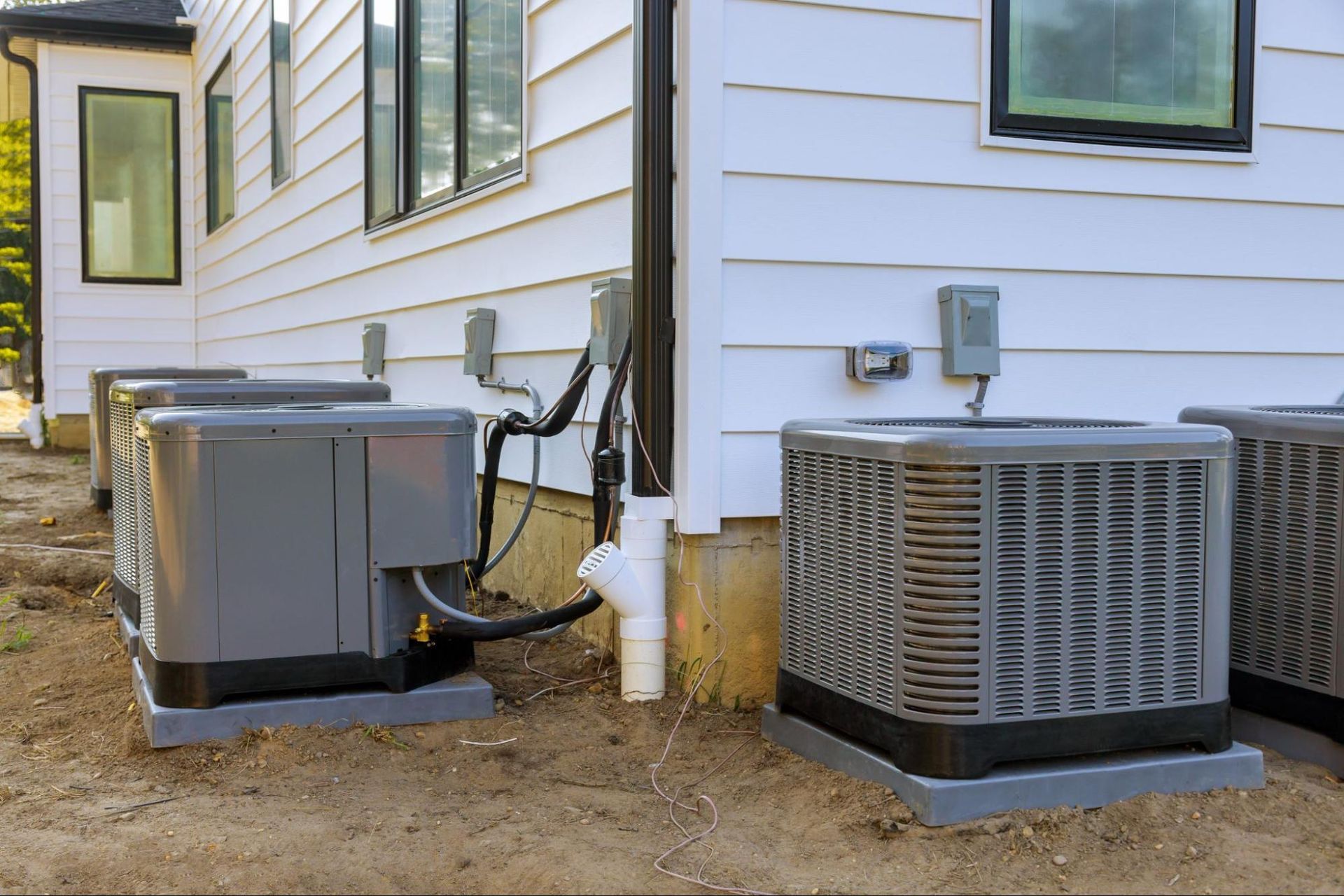Porter TX Home Inspections: Ensuring Your Home is in Tip-Top Shape
When it comes to home inspection porter tx, ensuring your property is safe and well-maintained is crucial for any homeowner or prospective buyer in the Greater Houston area. Whether you're buying, selling, or simply want to keep your home in top shape, a thorough inspection can uncover hidden issues, saving you from costly surprises down the road.
Here's what you need to know:
- Home inspections in Porter, TX, focus on evaluating the condition of structural and mechanical systems of a house.
- Identifying issues: From roof to foundation, each aspect of your property is carefully examined to identify potential problems.
- Comprehensive reports: An inspection concludes with a detailed report, often available the same day, helping you make informed decisions.
Choosing a reliable inspection service, like Accurate Home and Commercial Services, ensures you get the expertise needed to assess compliance with safety and accessibility standards. With knowledgeable inspectors utilizing the latest technology, rest assured your inspection is both accurate and thorough.
Understanding Home Inspections
Home inspections are vital for anyone looking to buy or sell a property in Porter, TX. They provide a clear picture of a home's condition, aiding in informed decision-making. Let's explore the types of inspections you might encounter.
General Inspections
A general home inspection is a comprehensive examination of a property. It covers all major systems and structural components. Here's what typically gets inspected:
- Roof: Inspectors look for missing shingles, leaks, and drainage problems.
- Foundation: They check for cracks, settling, or water intrusion.
- HVAC Systems: The heating, ventilation, and air conditioning systems are evaluated for efficiency and safety.
- Plumbing: Pipes, drains, and water heaters are checked for leaks or outdated materials.
- Electrical Systems: Inspectors ensure wiring, circuit breakers, and outlets meet safety standards.
Each of these areas is crucial for home safety and functionality. A general inspection provides a detailed report highlighting any issues that need addressing.
Specialized Inspections
Sometimes, a general inspection isn't enough. That's where specialized inspections come in. These are tailored to specific concerns and can include:
- Pest and Termite Inspections: Identifying infestations that might cause damage.
- Energy Inspections: Evaluating the home's energy efficiency and suggesting improvements.
- Accessibility Inspections: Ensuring compliance with Texas Accessibility Standards for individuals with disabilities.
Specialized inspections delve deeper into specific areas, offering peace of mind for both buyers and sellers. They can pinpoint problems that might not be obvious during a general inspection.
The Importance of Home Inspections in Porter TX
Home inspections are a crucial part of the real estate market in Porter, TX. They provide assurance to both buyers and sellers, ensuring everyone is on the same page about a property's condition. This transparency is vital for making informed decisions.
Buyer and Seller Confidence
Home inspections boost confidence for both parties involved in a real estate transaction. For buyers, an inspection report reveals the true state of a home, highlighting potential issues like faulty wiring or structural concerns. Sellers, on the other hand, can use a clean report to support their asking price, knowing the property is in good shape.
Local Standards
In Porter, TX, home inspections must meet local standards to accurately reflect a property's condition. This includes compliance with the Texas Accessibility Standards (TAS) and the International Energy Conservation Code (IECC). Such standards ensure that homes are safe, accessible, and energy-efficient.
Accurate Home and Commercial Services, with over 25 years of experience, understands these local standards. Their team, led by Larry Fleming, ensures every inspection adheres to these guidelines, providing a thorough analysis of each property.
Why It Matters
Skipping a home inspection can lead to unexpected costs and safety hazards down the line. For instance, undetected foundation issues could result in expensive repairs later. By conducting a thorough inspection, buyers and sellers can negotiate with confidence, knowing exactly what they're dealing with.
What to Expect During a Home Inspection
When you schedule a home inspection in Porter, TX, you want to know what you're getting into. Let's break down the process so you can be prepared.
Inspection Process
A typical home inspection takes about two to four hours, depending on the size and age of the property. Inspectors will examine key structural and mechanical systems like the foundation, roof, plumbing, electrical systems, and HVAC. They follow strict safety standards to ensure a comprehensive evaluation.
During the inspection, the inspector might use a checklist to cover every component. This includes checking wiring, plumbing leaks, and even testing HVAC efficiency. They aim to spot issues early, preventing future headaches.
Detailed Report
After the inspection, you'll receive a detailed report. This document is crucial for understanding the property's condition. It highlights any defects or concerns, which can affect negotiations between buyers and sellers.
The report will detail everything from minor cosmetic issues to major structural problems. It's your roadmap for any needed repairs or maintenance. Accurate Home and Commercial Services ensures that every report is easy to read and understand, providing clear insights into the home's condition.
Thermal Imagery
One of the standout features of a modern home inspection is the use of thermal imagery. This technology helps inspectors see what's hidden behind walls and ceilings. It can detect issues like moisture intrusion, missing insulation, or electrical hotspots that aren't visible to the naked eye.
Thermal imagery offers an added layer of assurance, ensuring that no potential problems are overlooked. Accurate Home and Commercial Services includes this technology in every inspection, giving you peace of mind.
By understanding what to expect during a home inspection, you're better equipped to make informed decisions. Whether you're buying or selling, knowing the ins and outs of the inspection process can lead to a smoother transaction.
Home Inspection Costs in Texas
When considering a home inspection in Porter, TX, understanding the costs involved is crucial. Let's break down what you can expect to pay and what influences these costs.
Average Cost
The average cost of a home inspection in Texas typically ranges from $300 to $500. However, this can vary depending on several factors such as the size and age of the property. Larger homes or those with complex systems may be on the higher end of this range.
Factors Influencing Cost
- Property Size and Complexity: Larger homes require more time and effort to inspect, thus increasing the cost. Homes with unique features or additional structures, like guest houses or extensive landscaping, may also incur higher fees.
- Age of the Home: Older homes often need more thorough inspections due to potential wear and outdated systems. Inspectors may need to spend extra time evaluating these elements, which can add to the cost.
- Location: The location can also affect pricing. Areas with higher living costs might see slightly liftd inspection fees.
- Inspector's Experience: More experienced inspectors may charge more due to their expertise and reputation. It's often worth investing in a seasoned professional to ensure a thorough evaluation.
Specialized Inspections
In addition to standard inspections, some properties might require specialized inspections. These can address specific concerns and add to the overall cost:
- Pest Inspections: Essential for detecting termites or other pest-related issues.
- Thermal Imaging: Used to identify hidden problems like moisture intrusion or electrical issues.
- Energy Efficiency: Evaluates the home's energy use and potential improvements.
Each of these specialized services can add to the inspection cost, but they provide valuable insights that a standard inspection might miss.
Understanding these cost factors helps you budget effectively for a home inspection in Texas. By selecting the right inspection services, you're investing in peace of mind and protecting your future investment.
Frequently Asked Questions about Home Inspections
How much should a home inspection cost in Texas?
In Texas, the cost for a home inspection generally falls between $300 and $500. This range can fluctuate based on factors like the property's size and age. Larger homes or those with complex systems might push the cost to the higher end.
Specialized inspections, such as pest or energy efficiency assessments, can also increase the overall cost. These additional services, while optional, can provide deeper insights into potential issues.
What is the biggest red flag in a home inspection?
When it comes to red flags during a home inspection, several issues can signal significant problems. Here are some of the most concerning:
- Structural Damage: Cracks in the foundation or walls can indicate serious structural issues.
- Electrical Hazards: Outdated wiring or overloaded circuits pose safety risks.
- Plumbing Problems: Leaks or faulty water heaters can lead to water damage.
- Roof Issues: Missing shingles or leaks can result in costly repairs.
- Pest Infestations: Termites or other pests can cause extensive damage over time.
These issues, if left unaddressed, can lead to expensive repairs. Identifying them early allows for negotiation and planning.
How to choose a reliable home inspector?
Selecting a reliable home inspector is crucial for ensuring a thorough evaluation. Here are some key considerations:
- Licensed Inspector: Ensure the inspector is licensed and certified, like those at Accurate Home and Commercial Services. This guarantees they meet industry standards.
- Reputation: Look for inspectors with positive reviews and a solid reputation in the community. Word of mouth and online reviews can provide insights into their reliability.
- Thoroughness: Choose an inspector known for their attention to detail. A comprehensive inspection covers all aspects of the property, from the foundation to the roof.
- Experience: Opt for inspectors with ample experience, as they are more likely to identify potential issues that less seasoned professionals might miss.
By focusing on these factors, you can find an inspector who will provide a detailed and accurate assessment of your potential new home.
Conclusion
Accurate Home and Commercial Services stands out as a trusted choice for home inspection Porter TX needs. With a focus on customer satisfaction and comprehensive inspections, they ensure every property is thoroughly evaluated.
Their team, led by Larry Fleming, brings over 25 years of experience to the table. This depth of knowledge guarantees that their inspections are not only detailed but also adhere to the highest industry standards. Clients receive a complete picture of their property's condition, enabling informed decisions.
Accurate Home and Commercial Services offers a wide range of inspection services. From standard home inspections to specialized assessments like pest control and energy efficiency checks, they cover all bases. This all-encompassing approach ensures that no issue goes unnoticed, providing peace of mind to both buyers and sellers.
Their commitment to excellence and attention to detail make them a preferred partner in the Greater Houston area. Whether you're buying, selling, or maintaining a home, Accurate Home and Commercial Services is dedicated to protecting your investment and ensuring your property is in tip-top shape.











